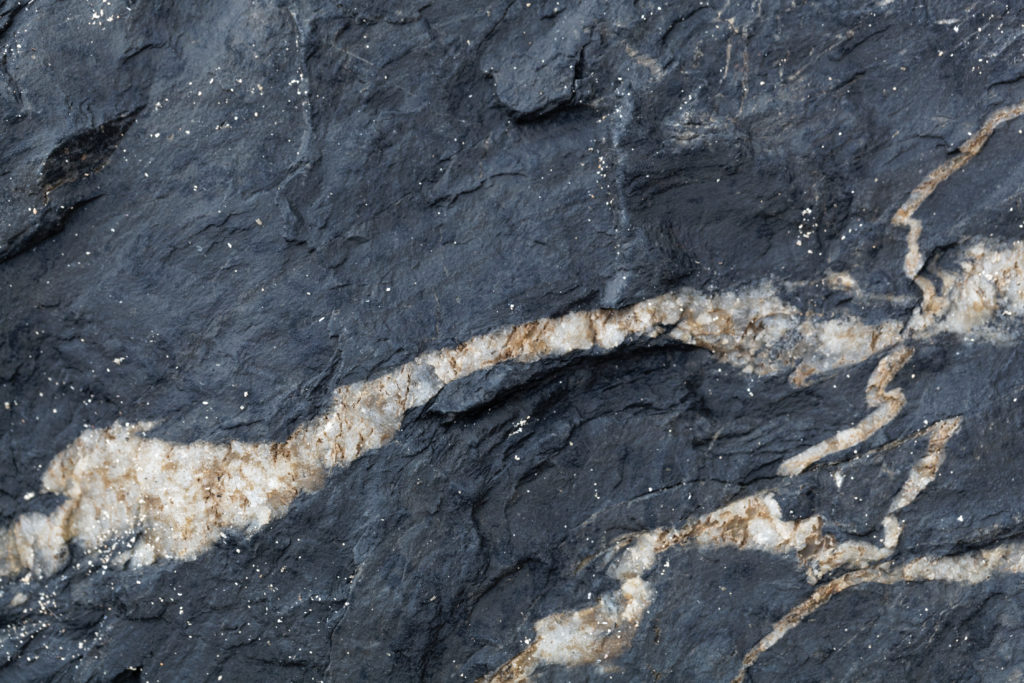James Lawler
Viewing 24 of 180 Podcast Episodes


Climate Now: Feb 22, 2022
Can We Achieve 100% Electric Car Sales by 2030?
What will it take to get 100% of new car sales to be electric by 2030? Is it consumer demand? Is it political pressure? How about we just increase both? The Zero Emission Transportation Association (ZETA) is the first industry-backed coalition advocating f


Climate Now: Feb 18, 2022
How to Scale Up Carbon Capture and Storage
From 2015 to 2020, the installed capacity of renewable electricity increased 50%, reaching nearly 12% of global electricity consumption. The number of electric vehicles sold in 2021 was 13 times more than in 2015, now making up nearly 9% of the new car sales.


Climate Now: Feb 8, 2022
Is micromobility the future of urban transportation?
How can we better design our cities and suburbs so that they are centered around humans, not cars? Cars do not need to be the primary method of urban transportation, and alternatives such as public transportation and micromobility have benefits far beyond simp


Climate Now: Feb 1, 2022
An insider’s perspective on advancing US climate policy
Climate policy at the federal level is integral to mitigating the climate crisis. Unfortunately, the United States has had a hard time so far passing ambitious climate legislation. Why is that? From the outside, the situation often seems hopeless. But what doe


Climate Now: Jan 25, 2022
Re-imagining Heavy-Duty Trucking with Hydrogen and Carbon Capture
Heavy-duty, long-haul trucks – known as Class 8 trucks – account for more than 1 billion tons of carbon dioxide emissions worldwide each year. Electrification, while a practical option for most of the trucking industry (see last week’s episo


Climate Now: Jan 17, 2022
The trucking industry needs to go green. Are electric trucks the answer?
In 2019, medium- and heavy-duty trucks accounted for about a quarter of U.S. transportation emissions while representing less than 4% of vehicles on the road, according to the U.S. EPA. It is clear the trucking industry must decarbonize in order for the transp


Climate Now: Jan 10, 2022
Why all ride-sharing should go electric. And autonomous, with Dave Rubin
Ride-sharing services currently result in 69% more emissions, on average, than the trips they displace, according to a recent study by the Union of Concerned Scientists. But, if the ride-sharing vehicles were electric, it’s a whole different story. Repla


Climate Now: Dec 23, 2021
The sustainability conundrum of electric vehicles: Making and recycling EV batteries, with Andy Stevenson
Climate Now is kicking off our Decarbonizing Transportation series by addressing a question that looms over the electric vehicle market: how can we sustainably manufacture and recycle EV batteries? To learn about electric vehicle battery trends and challenges,


Technologies Ep 7
Carbon Dioxide Removal: Mineralization
There are several methods of removing carbon dioxide from the atmosphere – both natural and technological – and each method has its tradeoffs. Carbon mineralization is the most secure option for carbon dioxide removal (CDR) as it permanently seques


Climate Now: Dec 20, 2021
Green banks: How they unlock funding for climate solutions, with Bryan Garcia
The Connecticut Green Bank, the first green bank in the US, has unlocked over $2 billion in capital toward clean energy projects and other climate solutions since it was established by the state legislature in 2011. So, what is the green bank model? How does i


Climate Now: Dec 16, 2021
Ocean-Based Carbon Dioxide Removal and Geoengineering with Wil Burns
Earth’s oceans play a key role in slowing climate change, absorbing nearly a third of anthropogenic CO2 emissions. And they could, potentially, absorb more. In this episode, Climate Now explores developing methods to enhance ocean-based carbon dioxide r


Climate Now: Dec 13, 2021
Unpacking COP 26: Are we on track to solve the climate crisis, with Megan Darby
In November 2021, representatives from around the world gathered to update their climate commitments at the 26th United Nations Framework Convention on Climate Change (UNFCCC) Conference of the Parties (COP 26) in Glasgow, Scotland. The conference received sub


Climate Now: Dec 9, 2021
Scaling wind energy: What it will take to reach global net-zero, with Simon Watson
Wind energy is one of the cheapest sources of energy today, but it accounts for only ~6% of global electricity generation. To limit global warming to 2 degrees C or less, wind energy will need to scale up to about 5 times its current size. So, how can this b


Climate Now: Nov 29, 2021
Adaptation in North America: What’s happening and what needs to happen, with Beth Gibbons
Much of the focus surrounding climate action is on mitigation: how do we reduce the concentration of greenhouse gases in the atmosphere, and avoid catastrophic climate change in the coming decades? But the reality is the climate is already changing – and


Climate Now: Nov 22, 2021
How to Ensure Climate Impact Investing Actually Has an Impact with Amit Bouri
“The [investment market] we have in place now is not working for people, it’s not working for the planet, and it’s actually not working for most investors.” This is according to Amit Bouri, Co-founder and CEO of the Global Impact Invest


Climate Now: Nov 16, 2021
Water Strategy and Climate-Induced Drought: How to mitigate and prepare with Will Sarni
A growing population, groundwater depletion, poor water infrastructure, overuse and water waste threaten our global freshwater supply. Throw climate change into the mix, and the water crisis is exacerbated, as precipitation becomes more variable and temperat


Climate Now: Nov 2, 2021
Improving Climate Models with Machine Learning
Most climate models in use today are based upon large-scale, well-understood physical relationships that drive global temperature and precipitation trends. But the effects of complicated interactions that occur on smaller scales, which may still be significant


Climate Now: Oct 25, 2021
Trash to treasure: One man’s journey to make CO2 waste a useful product
What does it take to turn an idea that could help fight climate change into a self-sustaining business? We often hear the glamorous stories of startups that have made it, but little about the struggles, the learning, and the luck required to get there. Pol Kno


Climate Now: Oct 18, 2021
Pricing carbon around the globe: Why it’s so difficult
How do we finance the cost of mitigating climate change, while discouraging continued use of fossil fuels? The largest public statement of economists in history argues for a carbon tax – which would charge a fee for every ton of carbon dioxide emitted. B


Climate Now: Oct 12, 2021
Do you get what you pay for? Monetizing Forests via Carbon Credits
A rapidly expanding list of companies have announced plans to go “carbon neutral” or “net zero”. Often, these plans include at least some offsetting of greenhouse gas emissions by purchasing credits from forest carbon offset programs. B


Technologies Ep 4
Carbon Dioxide Removal: Forests
Planting trees has become a bit of a cliché in the fight against climate change, with ubiquitous photos of presidents and CEOs planting a tree to show they’re serious about climate. But, how much impact on atmospheric carbon dioxide can tree planting re


Climate Now: Sep 24, 2021
Climate impacts profits: How businesses should report climate risk with Emily Wasley
For businesses, a changing climate is not just about worsening weather patterns. Businesses must be prepared for what is likely to be an era of rapidly accelerating change to many dimensions of their operations, including changes in shareholder expectations, s


Climate Now: Sep 17, 2021
Measuring CO2 from space: the science of NASA’s Orbiting Carbon Observatory missions
In the first episode of our two-part series, we learned how NASA’s Orbiting Carbon Observatory made it to space despite overwhelming odds from David Crisp, the mission’s principal investigator. Today, we released the sequel, where we explore the sc


Climate Now: Sep 14, 2021
Measuring CO2 from space: a journey of perseverance, heartbreak, and scientific breakthrough with David Crisp
On the 24th of February, 2009, David Crisp was in the control center at Vandenberg Air Force base counting down the seconds for the Orbiting Carbon Observatory to launch. It was a project he had led for a decade – and it was the first NASA mission that w